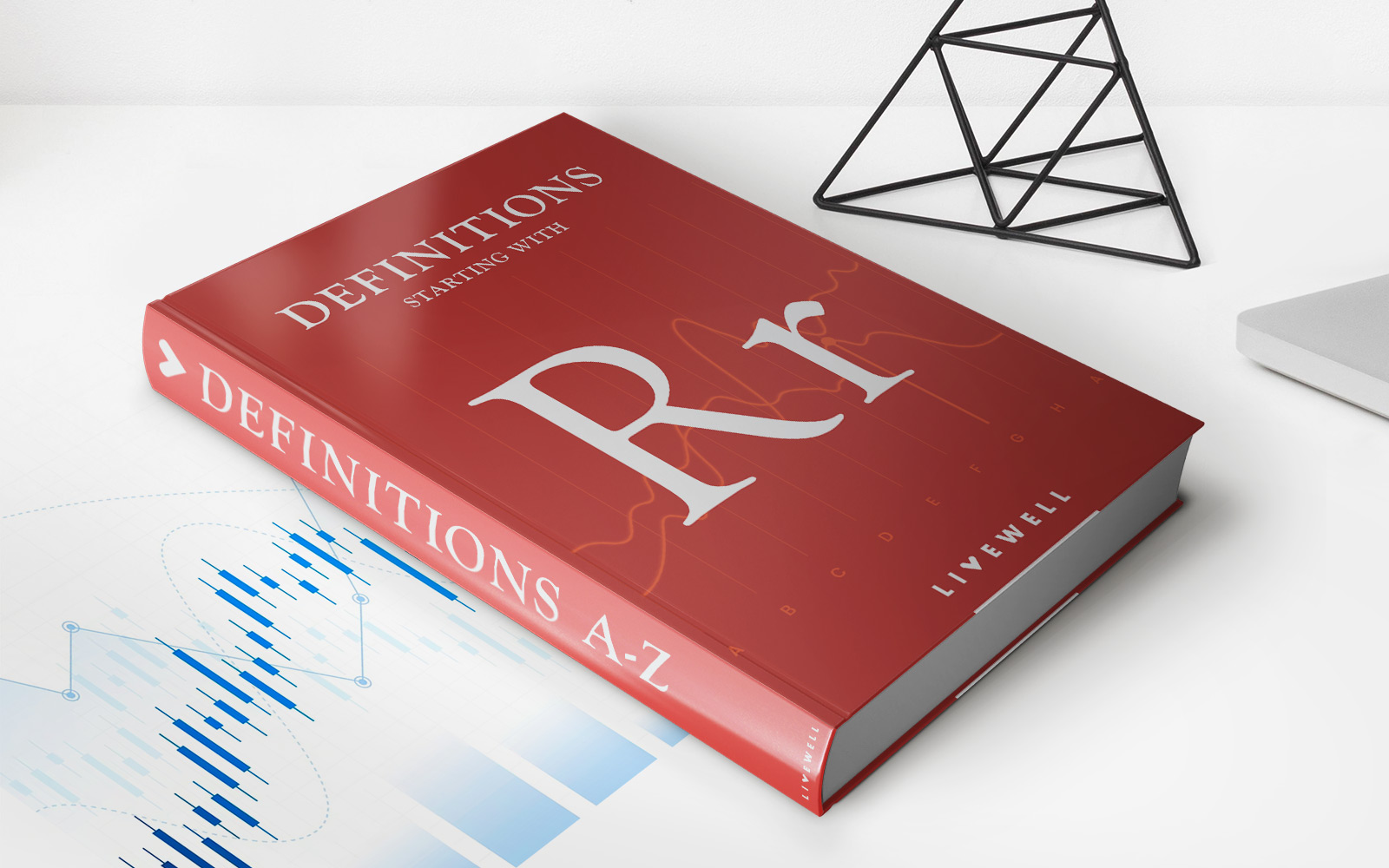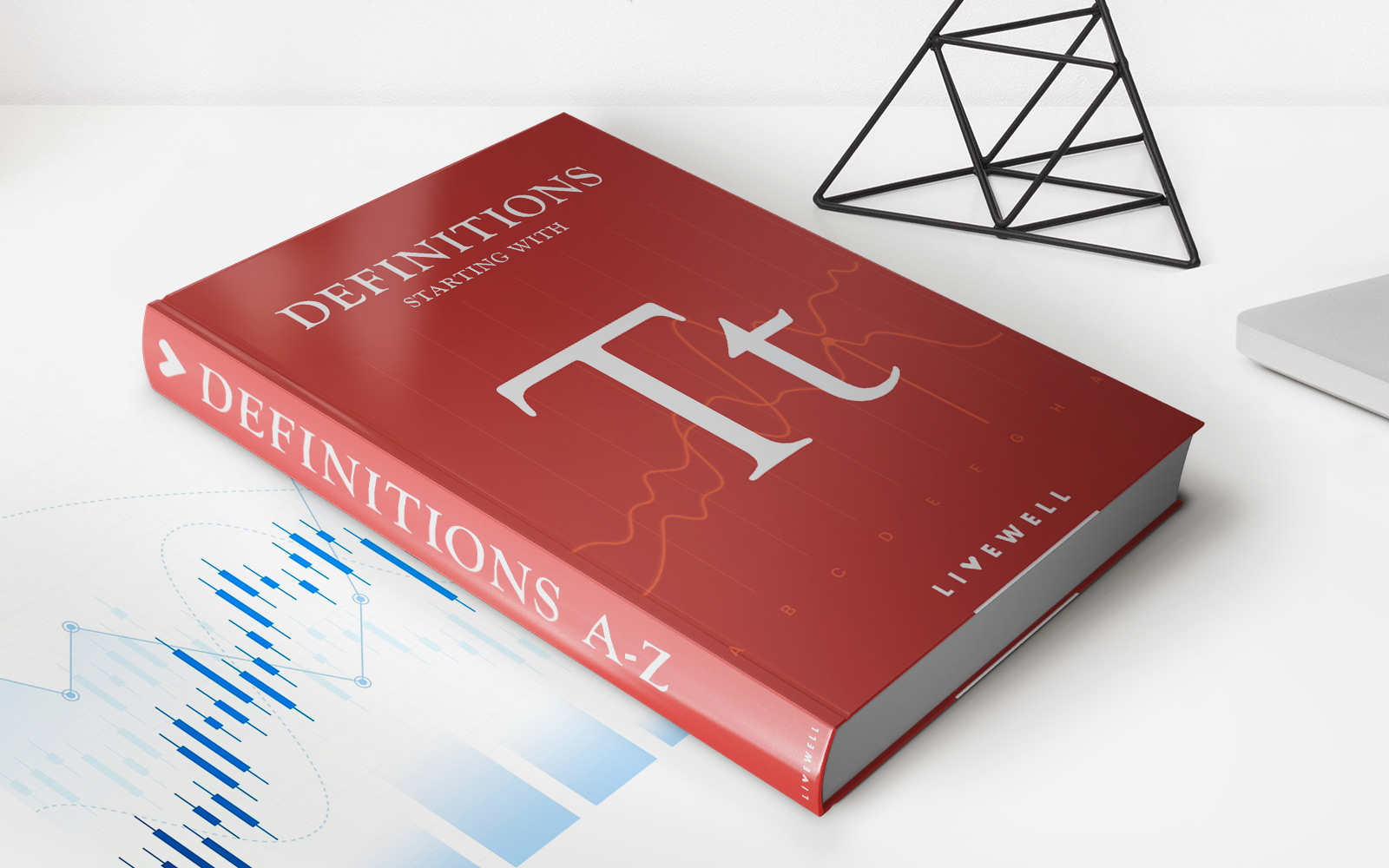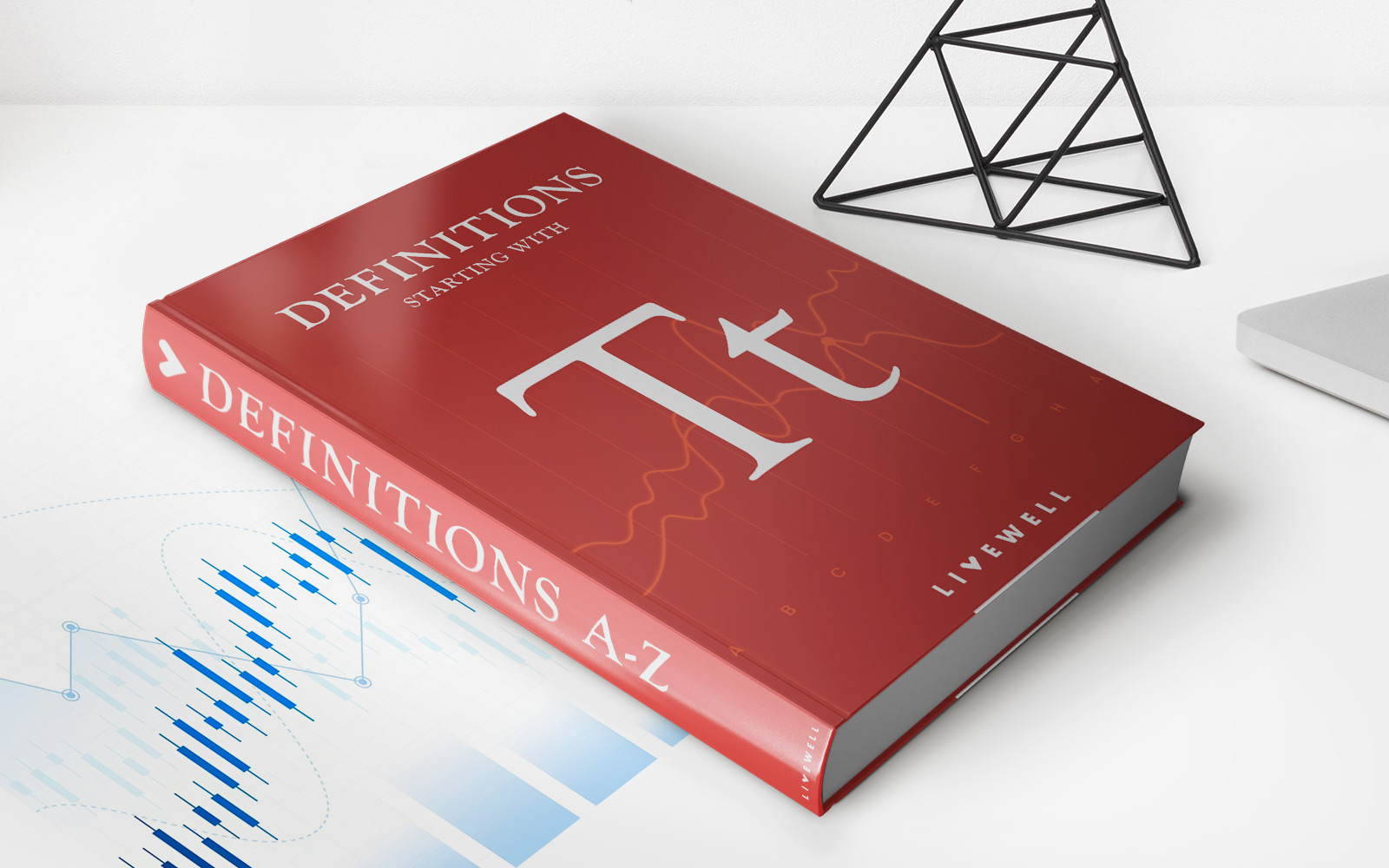

Finance
Revocable Trust Definition
Published: January 20, 2024
Discover the key features and benefits of a revocable trust in the finance domain. Gain a comprehensive understanding of its definition and how it can benefit your financial planning.
(Many of the links in this article redirect to a specific reviewed product. Your purchase of these products through affiliate links helps to generate commission for LiveWell, at no extra cost. Learn more)
Understanding Revocable Trusts: A Comprehensive Guide
Gaining control over your financial future is not only a smart move but also essential for your peace of mind. One effective tool that can help you achieve this is a revocable trust. In this blog post, we will delve into the world of revocable trusts, explore what they are, their benefits, and how they can be utilized to manage your finances effectively.
Key Takeaways:
- A revocable trust, also known as a living trust, is a legal entity that enables you to manage your assets and property during your lifetime.
- Unlike an irrevocable trust, a revocable trust can be modified or revoked at any point during your lifetime.
What is a Revocable Trust?
A revocable trust, also known as a living trust, is a legal entity that allows you to manage your assets and property during your lifetime. It is created by a trust agreement, where you transfer your assets into the trust, and then you become the trustee, maintaining control over those assets. This means that you can continue to use, sell, or manage your property just as you did before creating the trust.
One of the key features of a revocable trust is its flexibility. Unlike an irrevocable trust, where changes cannot be made once it is established, a revocable trust can be modified or revoked at any point during your lifetime. This level of control is what makes revocable trusts a popular choice for individuals seeking to manage their assets and property effectively.
Benefits of a Revocable Trust
1. Probate Avoidance:
- When you transfer your assets into a revocable trust, you effectively remove them from your individual name. This makes it easier for your beneficiaries to inherit your assets without going through the probate process, which can be time-consuming and costly.
2. Privacy:
- Unlike a will, which becomes a public record upon your passing, a revocable trust provides a higher level of privacy. The distribution of assets and the details of your estate plan will remain confidential and will not be accessible to the public.
3. Incapacity Planning:
- A revocable trust allows you to plan for potential incapacity by appointing a successor trustee. If you become incapacitated, your successor trustee can step in and manage your assets on your behalf, ensuring that your financial affairs are handled according to your wishes.
4. Flexibility:
- As mentioned earlier, a revocable trust provides flexibility, allowing you to amend or revoke the trust as your circumstances change. You can add or remove assets, change beneficiaries, or modify the terms of the trust easily without the need to create a new trust.
Is a Revocable Trust Right for You?
Deciding whether a revocable trust is right for you depends on your individual circumstances and financial goals. Consulting with a qualified estate planning attorney can help you understand the benefits and drawbacks of a revocable trust and determine if it aligns with your objectives.
In summary, a revocable trust provides a flexible and efficient way to manage your assets, maintain privacy, and plan for potential incapacity. By understanding the advantages it offers, you can take the necessary steps to protect your wealth and secure your financial future.
Disclaimer: This blog post does not constitute legal or financial advice. Always consult with a professional for personalized guidance regarding your specific situation.














